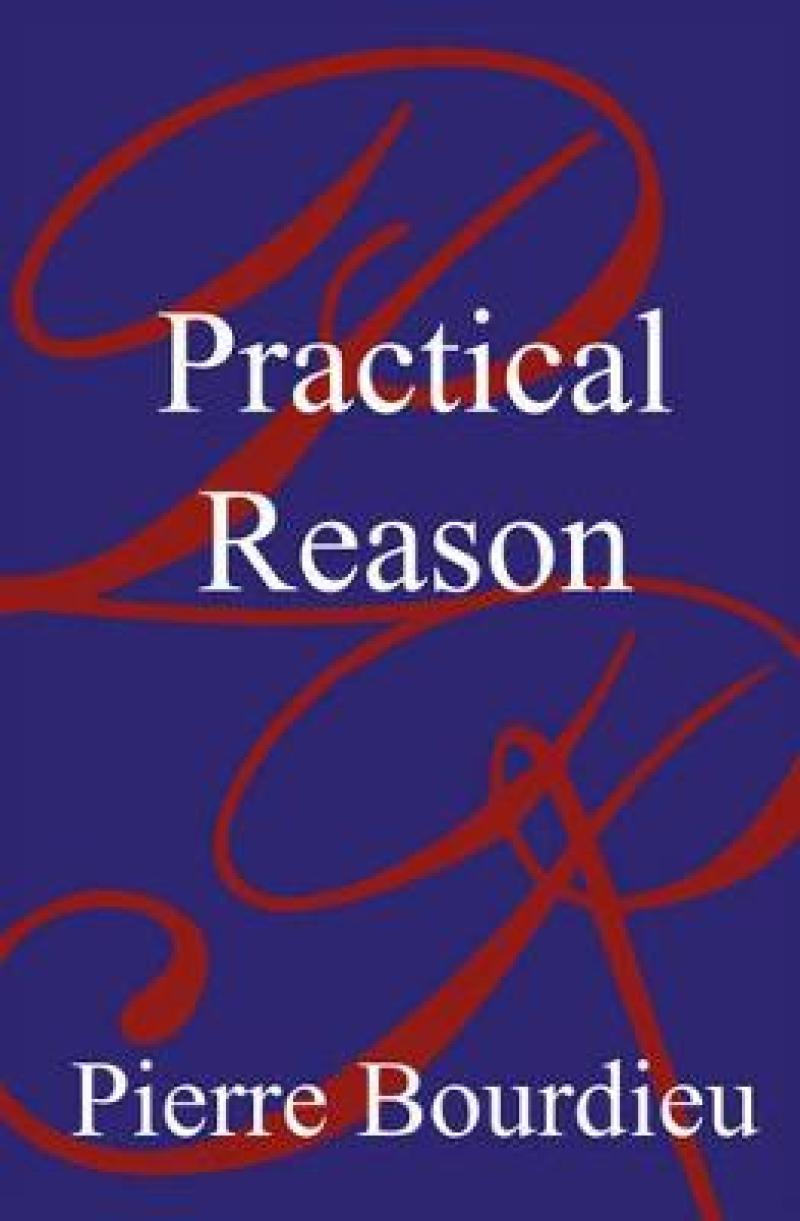'This is a powerful and archetypal sociology. No aspect of human action or belief escapes demystification.' <i>BSA Network</i> <br /> <p>'Overall, this is an excellent introduction to Bourdieu's own work and will be useful to undergraduate and postgraduate students in cultural studies.' <i>Cultural Studies: General, The Year's Work in Critical and Cultural Theory</i></p>
Bourdieu's theory is both a relational philosophy of science dedicated to revealing the objective relations which shape and underpin social life, and a philosophy of action which takes account of agents' dispositions as well as the structured situations in which they act. This philosophy of action is condensed in a small number of key concepts - habitus, field, capital - and it is defined by the two-way relationship between the objective structures of social fields and the incorporated structures of the habitus.
The key concepts and assumptions of Bourdieu's approach are exemplified in this volume through a variety of concrete analyses, from a discussion of the formation of the modern state to an account of the family as a site of social reproduction, from an analysis of the economy of symbolic goods to a reflection on the social conditions of political morality.
An excellent and accessible introduction to the work of Bourdieu, Practical Reason will be of great interest to students and scholars in sociology, anthropology, politics and philosophy, and throughout the social sciences and humanities generally.
1. Social Space and Symbolic Space.
Appendix: The "Soviet" Variant and Political Capital.
2. The New Capital. A.
ppendix: Social Space and Field of Power.
3. Rethinking the State: Genesis and Structure of the Bureaucratic Field.
Appendix: The Family Spirit.
4. Is a Disinterested Act Possible?.
5. The Economy of Symbolic Goods.
Appendix: Remarks on the Economy of the Church.
6. The Scholastic Point of View.
A Paradoxical Foundation of Ethics.
Index.
Bourdieu's theory is both a relational philosophy of science dedicated to revealing the objective relations which shape and underpin social life, and a philosophy of action which takes account of agents' dispositions as well as the structured situations in which they act. This philosophy of action is condensed in a small number of key concepts - habitus, field, capital - and it is defined by the two-way relationship between the objective structures of social fields and the incorporated structures of the habitus.
The key concepts and assumptions of Bourdieu's approach are exemplified in this volume through a variety of concrete analyses, from a discussion of the formation of the modern state to an account of the family as a site of social reproduction, from an analysis of the economy of symbolic goods to a reflection on the social conditions of political morality.
An excellent and accessible introduction to the work of Bourdieu, Practical Reason will be of great interest to students and scholars in sociology, anthropology, politics and philosophy, and throughout the social sciences and humanities generally.
